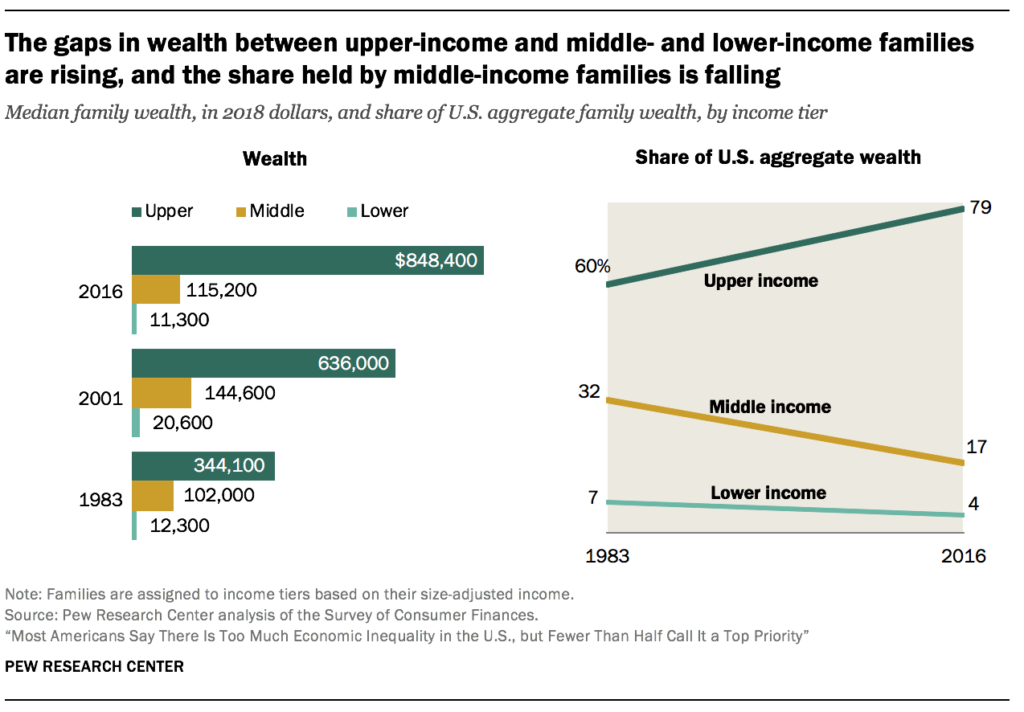Here an example of a JPA entity (using Lombok for “simplicity”): <sarcasm quotes mine>
@Entity
@Table("offer")
@EqualsAndHashcode
@NoArgsConstructor // for Hibernate
@Setter // for Hibernate
@Getter
public class BankAccount {
@Id
@Column("id")
private String id;
@Column("opened")
private boolean opened;
@OneToMany(fetch = LAZY) // ...simplified
private Set ownerIds;
}
Source: TECH | Stop using JPA/Hibernate · Blog de Laurent Stemmer
Through a very long series of unfortunate circumstances, I was backed into using Java/Spring/Hibernate/Angular in a doomed project. This page had me nodding my head in agreement, and this code reminded me of the Lombock portion, which was its own special nightmare. I just went looking for what I had written for that project, and it would appear that I’ve totally deleted it. I normally keep everything, so I can go back and refresh my mind when I recall some particular technique I’ve used in the past, so this should tell you something about the brain damage using this stack will incur.
I’m going to digress to setup a point. I used gvim for many years, with a complicated setup, using NerdTree and several other plugins, to give me a UI with my project’s directory on the left side, and tabs of open files on the right. At some point, I got tired of fiddling with the configuration, and finally started using someone’s massive-but-well-integrated ~/.vim configuration from a GitHub repo. Finally, I realized that I was spending all this time and effort on making gvim work just like Sublime Text did out of the box, and I could just start with that. So I did. While I’ve flirted with other editors (notably, Visual Studio Code, and the excellent IntelliJ, while working on Java), I’ve basically stuck with it for about 7 years now.
Here’s the parallel. The thing that fans of the Java ecosystem can’t admit to themselves is that this whole stack: Java, Spring, Hibernate, Lombock, Javascript, AngularJS, etc., et. al., ad naseum… is all just a terrible pile of Jenga blocks which putatively exist to give you a functional environment like… wait for it… Ruby on Rails! Lock, stock, and out of the box. It seems to me that the motivation of people who still like to use gvim when Sublime Text and Visual Studio Code exist is the same sort of motivation of people who like to use a Java stack over something like Rails. Maybe they’ve done it so long, they can bang out the boilerplate with their eyes closed. Maybe they like the way you have to do everything explicitly. Maybe it makes them feel like a hacker.
All of the code above reduces to this in Rails:
class BankAccount < ApplicationRecord
self.table_name = 'offer'
belongs_to :owner
end
In an absolutely brilliant display of one of the biggest problems with using this Java stack, I went to remind myself what the @Table("offer") directive does. I am pretty sure it specifies the actual SQL database table name storing the instances of this object, but I literally can’t find any references to this pattern in the Lombok documentation. It is only through inferring it from a StackOverflow question that I am reasonably confident that this is, in fact, what it is doing. And if it weren’t for Spring and Hibernate and Lombok, there’d be about a hundred more lines of boilerplate code in that single class file.
The top comment thread on the HN discussion about this blog post points out just how bad of an ORM Hibernate actually is. With 15 years of experience with Rails under my belt, I can assure you that almost none of those issues apply to ActiveRecord. Of course, I’ve seen people complain about AR, but I think their arguments are always exaggerated, and probably come from a place of general discontent with having to use Rails at all. People like to complain that Ruby is “slow” because it is interpreted, but it’s precisely that on-the-fly reflection/interpretation that allows ActiveRecord to be so good at being an easily-programmed and powerful ORM. It’s trading machine time for ease of development and readability, and I have yet to see a situation where that was a bad tradeoff. When I encounter speed problems with using Ruby, I do something else. Either I optimize the loops, or push more processing to the database, or write the heavy-duty computation in something else entirely, like R.
While I’m on the subject of ORM’s, I find EntityFramework just as bad as Hibernate. I suppose it’s just the nature of an ORM in the context of a compiled language. After giving it a real college try, I gave up on it. I wrote a serious application in Visual Basic and C# which accessed the database through a library of functions wrapping raw SQL, and called them from the WinForms side, and it worked out very well. I’m glad I didn’t try to force EF to work.
So, sure, rag on Rails. Call it slow. And, yes, compiled Java will always be “faster” than interpreted Ruby, but all the Java web sites I have to interact with are noticeably laggy and sluggish, compared to my apps, so there’s something to be said about the actual implementation, over the theoretical concept. While whole teams of “Java” devs are still writing class files in Java (and Javascript), for their object models, I’m done with my app, and moving on to the next one.
So, yes, by all means, please stop using JPA/Hibernate, but, I would go one step further, and advise people to just stop using Java for web apps entirely. That horse got passed 15 years ago. Even if you don’t like Rails, there are at least a few other stacks that would be far more productive than Java for web apps these days. Heck, I’d try to do Javascript on the frontend and backend before I’d try doing Java again. <shiver>
And that’s my “2 minutes of hate” for today.


